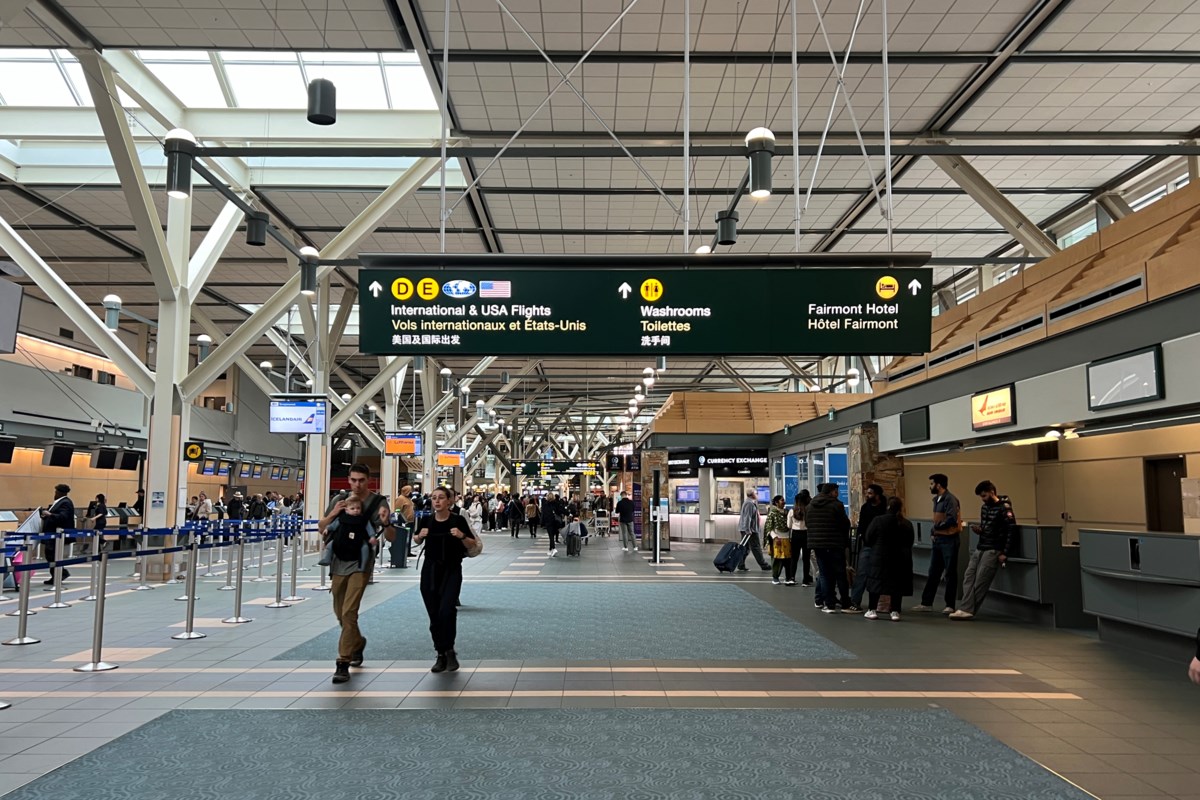Airlines will be billed $790 for every customer complaint the industry regulator resolves – whether in the passenger’s favour or not, according to a proposal from the Canadian Transportation Agency.
The CTA has opened a one-month consultation on the proposed charges, which would apply to valid customer complaints that have been processed and closed by the agency.
The fee is intended to cover 60 per cent of the cost of handling the complaint, the CTA said in a notice on its website. The agency estimates it can resolve 22,600 eligible complaints a year, at a total cost of almost $30-million, which covers salaries of the resolution officers, legal services and other staff.
“Only airlines would be required to pay the fee,” said Jadrino Huot, a spokesman for the CTA. “The fee applies for all eligible air travel complaints for the purposes of dispute resolution, whether the decision is in favour of the passenger or the airline, as it is linked to the cost of processing complaints, not the outcome of the complaints.”
The fee would also apply to 45,000 complaints received before Sept. 30, 2023, but would not apply to those that are dismissed by the CTA.
John Lawford, executive director of the Public Interest Advocacy Centre, said the federal government’s reform of the CTA requires it to recover costs from the airlines in order to reduce the burden on taxpayers. He speculated the fees would encourage airlines to drag out customer complaints – rather than settle them early – in order to delay paying the costs.
He said in an interview there should be incentives for the airlines to come to early settlements with aggrieved passengers.
Air Canada, WestJet Airlines and Porter Airlines did not respond to requests for comments. Flair spokeswoman Kim Bowie said the carrier will be making a submission to the CTA but declined to comment further.
Ian Jack, a spokesman for the Canadian Automobile Association, said the lobby group has not yet formed an opinion on the fee proposal. The CAA operates a travel agency and has pushed for rules that are easier for travellers to understand. “This is only one piece of a two-pronged” solution, Mr. Jack said.
The CTA is responsible for administering Canada’s air passenger protection rules, which are intended to hold airlines accountable when they fail to provide customers with proper service and communication. Passengers are eligible for compensation from airlines when flights are delayed or cancelled, depending on the circumstances and causes. They can file complaints with the CTA if they cannot settle with the airline.
However, the CTA has been unable to keep pace with a flood of complaints in recent years. In 2018-19, passengers filed 7,650 complaints. In 2023-24, the CTA received 43,550 complaints.
The CTA, in response, changed the way it handles complaints as of September, 2023. Disputes are now handled by CTA staff, not government-appointed adjudicators; Complaints must meet stricter standards before entering the system; and airlines have 14 days to review and respond to complaints.
Still, the backlog is 78,000, the CTA said on Wednesday, after it received another 22,000 so far this year.

